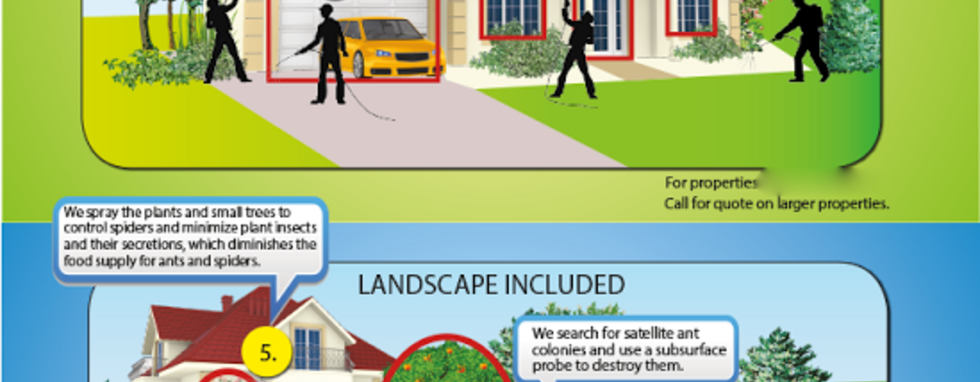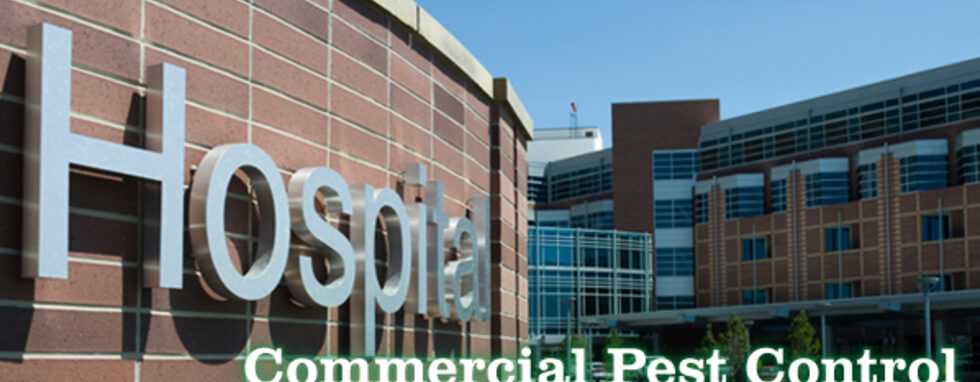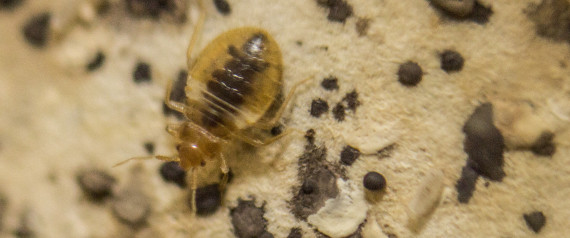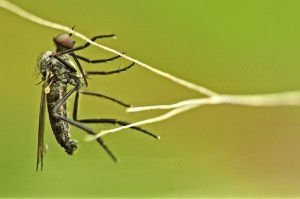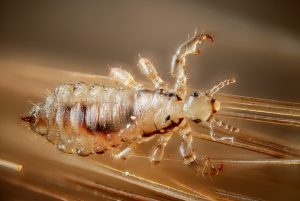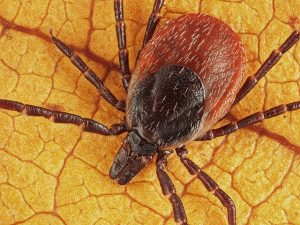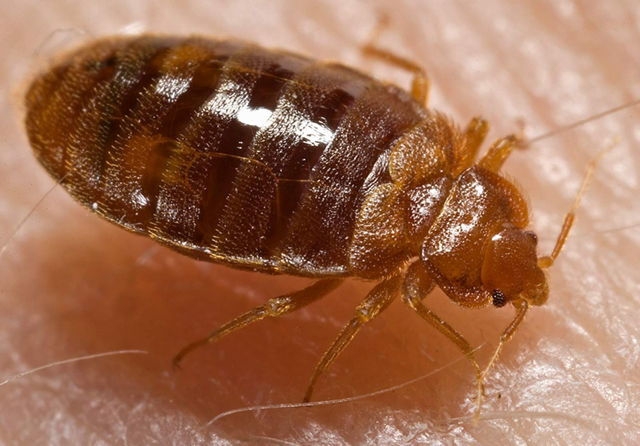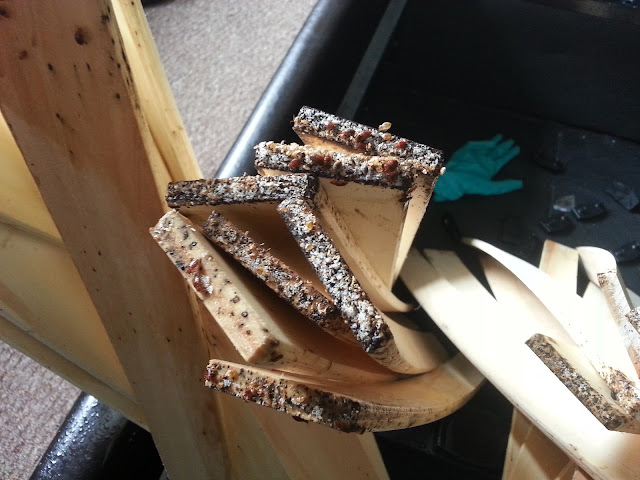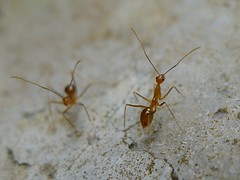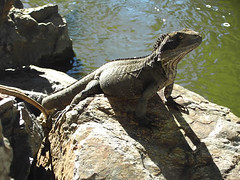Integrated Pest Management has seen great results in most areas and is still being developed to fight new threats to homes and crops. Some farm industries have seen large reductions in pesticide usage over the years by implementing IPM strategies. Recently farmers have been using natural predator-prey relationships as a form of pest control without having to use traditional pesticides.
In other cases natural predators have been used as a form of IPM, instead of traditional pesticides to fight pest populations in crops. The news just reported the use of a parasitic wasp to fight the Asian citrus psyllid, an aphid-sized pest that has been destructing citrus crops. Scientist have been releasing the wasps as an alternative to traditional pesticides. The wasps are already in use in USA and other parts of the world.
Another means of IPM via predator introduction is the use of the Western Bluebird in gardens and vineyards in California. reported vineyards and gardeners using the bird that nests in small holes in trees, usually made by woodpeckers, to fight insects. The bird gathers grasshoppers, ants, wasps, caterpillars, beetles, flies, termites and other scale insects during nesting season to feed to their young.
A reported that small scale research has shown promise and plans to do more research in commercial orchards in the future.
The movement of the pest control industry to integrated pest management has helped decrease the use of pesticides, thus helping the environment. IPM will continue to help farmers, and homeowners protect their livelihood while continuing to protect our environment




